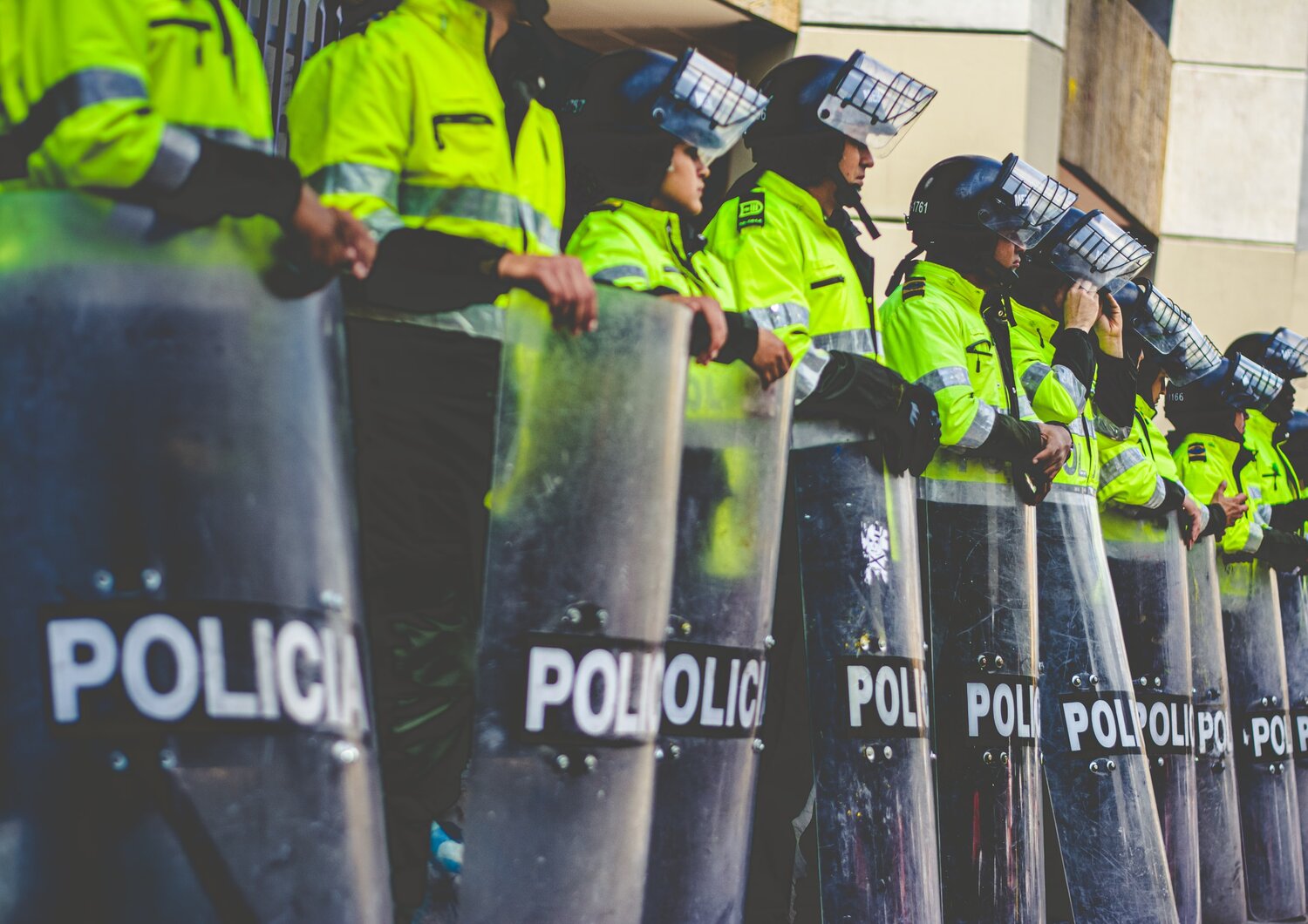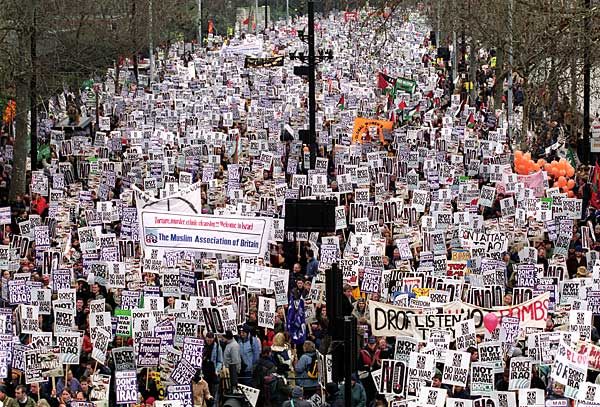
We Can’t Rely on the Police to Defend Women | JS Titus
Picture by Ricardo Arce via Upsplash
By @jaissance
The horrific news of the kidnap and murder of Sarah Everard, a young woman who was walking home from Clapham to Brixton, has resulted in an upsurge in discussion on social and mainstream media about violence against women. The man who has been charged with the murder, Wayne Couzens, is a serving Metropolitan Police officer.
The outpouring of women’s experiences of assault and harassment is a sobering reminder of the structural violence directed at us on a daily basis. According to the Crime Survey for England and Wales, in the year to March 2017 over half a million women aged between 16-59 were sexually assaulted. Such figures are almost certainly an underestimate given what we know about underreporting of such acts.
The immediate response of the police has been appalling. It has come to light that Couzens had been reported for indecent exposure at a fast-food restaurant just three days before. The Independent Office for Police Conduct is currently investigating the Met Police to ascertain whether this allegation was properly investigated.
During the search for information on the case, police knocked on doors and advised women to not go outside by themselves. This move has rightly concerned a lot of people for shifting the blame for violence to the women who go out at night. The socialist Labour MP Zarah Sultana said in Parliament that “the emphasis must be tackling violence against women and girls and the norms that too often sustain it, rather than victim-blaming narratives that say women shouldn’t be on the street at night.”
In response, the ghoulish Jacob Rees Mogg said that the best way to do this is getting 20,000 extra police on the streets, adding “There is nothing more reassuring than seeing a police officer in uniform when walking the streets.” The fact that this murder appears to have been carried out by a police officer ought to have given politicians pause to think about how best to respond, but no. Even Labour leader Keir Starmer made a Pavlovian call for more cops, prompting Labour List Editor Sienna Rodgers to comment:
“I think it’s important to acknowledge here that a police officer has been arrested in this case. A number of officers last year were arrested/investigated for selfies taken next to two murdered women’s dead bodies. Let’s not forget spycops. All of this is linked and relevant.”
Indeed, it would be a terrible mistake to imagine that the police can be relied upon to defend women. Recent years have seen revelations about undercover police officers entering sexual relationships with activist women as a pretext to investigate left-wing organisations. In 2012, Sarah Reed, a woman with long standing mental health problems, was violently assaulted by a Metropolitan Police officer, James Kiddie, who was filmed “yanking her hair, dragging her across the floor, pressing her neck and punching her several times in the head” after accusing her of shoplifting. She died in prison a few years later.
Putting the onus on women to look after themselves has rightly angered many women and activists on social media with posts discussing their fear of walking home. Concerns about women’s safety and the fear of the stranger have come to the fore, particularly by such comments as “I carry keys in my fist when walking alone”, which have been repeated by many and resonated with many women. People have focused on street harassment, women’s safety and the fear of the stranger, which make sense as this is how we often experience harassment and the fear that it could lead to something more sinister.
However, a focus on “stranger danger” can obscure the fact most violence suffered by women is at the hands of friends and family and occurs in the home. Such violence has been exacerbated by the experience of lockdown. A Panorama investigation in August 2020 found a surge in attacks on women: “Two-thirds of women in abusive relationships have suffered more violence from their partners during the pandemic… Three-quarters of victims also say the lockdown has made it harder for them to escape their abusers.” There is often something coded in much talk of these strangers; what is not being said i.e., working class men of colour.
The best response to these terrible developments is to find strength in unity and protest—women and non-binary people, of course, as well as men, asserting the overwhelming outrage in society at what has happened. No surprise, then, that the police have banned a protest scheduled for Saturday night, despite a court ruling that it was within the Met Police’s remit to allow to go ahead. This is not just the cops closing down a protest against the actions of one of their own; it is also part of a chilling new attack on our right to protest. Draconian laws are being rushed through parliament this week to dramatically increase police powers to prohibit legitimate demonstrations.
It is unfortunate that the organisers of a solidarity vigil in Clapham Common have cancelled in light of the police’s decision. Many activists have committed to mobilise anyway, for example, in Clapham Common and in Cardiff on Llandaff Fields and outside The Senedd. It would be a good result if people stand up against the intimidation of the police and the state to protest. Last year’s Black Lives Matter protests transformed people’s ideas about the fight against racist murder and violence. A similar mobilisation now in solidarity for women’s liberation would be a huge boost for all those fighting for a better, safer world.
The writer is a socialist activist, and she is a researcher in psychoanalysis.


Jamie Wallis, Conversion Therapy & The Ongoing Struggle For Trans Rights | Ivy Taylor